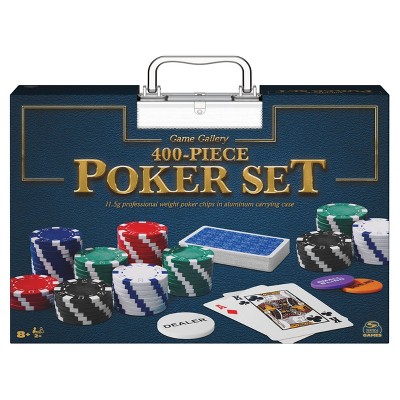
Poker is a game of chance, but it’s also a game of skill. It’s not just about luck or strategy – it teaches people how to read others and think critically. It also teaches them how to make decisions under uncertainty, something many professional poker players use in their careers and other areas of life.
Whether you’re playing poker for fun or to get better at the game, it’s a good way to practice the skills that will help you succeed in other aspects of your life. If you want to play poker well, you have to learn how to be a good observer and study the game thoroughly. This will give you a competitive edge over other players.
Aside from learning to read other players, you’ll also learn how to think on your feet. This is especially important in live poker, where you can’t predict what other players will do. For instance, if you’re in a $1/$2 cash game with a bunch of aggressive players and a table full of amateurs, you’ll have to find ways to cope with the situation and maximize your chances of winning.
You’ll learn how to read the other players at the table and know what kind of hands you need in order to win. This will allow you to choose your action wisely and stay in the game longer. Aside from that, you’ll be able to spot when other players are making mistakes and take advantage of them.
Playing poker can improve your social skills, as it often draws people from different backgrounds and cultures to the same gaming table. This gives players a unique opportunity to interact with new people and build relationships. In addition, it can help to develop a person’s critical thinking abilities by forcing them to evaluate the quality of their hand.
One of the most important lessons poker teaches is how to deal with failure. It’s not uncommon for players to lose a lot of money in a single game, but they still have to be able to keep their emotions under control and move on quickly. This resilience is valuable in other areas of life, such as business and investing.
While it’s true that luck plays a big role in poker, most experts agree that skill has the potential to outweigh luck in most situations. If you’re committed to improving your poker game, you can achieve this by following the tips in this article and staying focused on your goals. By doing so, you’ll be able to become a successful poker player in no time! Good luck!